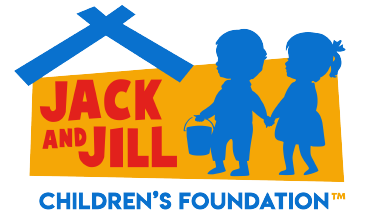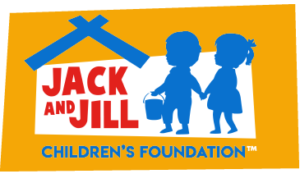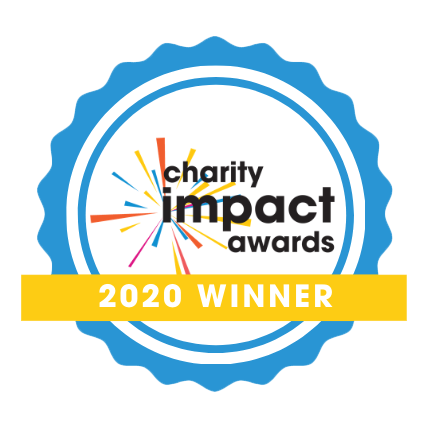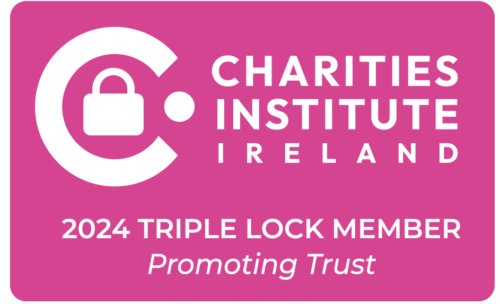Jack & Jill Foundation nurses tell Joint Oireachtas Committee on Health & Children that “HSE should be rolling out the red carpet, not red tape, to support families to care for their child at home, particularly for those children requiring end of life care”
“As nurses, we spend too much of our time on the phone, on behalf of families who don’t have the energy to cut through the red tape in their fight for more support from the HSE to care for their child at home. Medical cards, for example, should be automatically sanctioned to children requiring end of life care before their discharge home from hospital and we need more clarity around the longterm illness card. But it really shouldn’t be this hard for families to get the support they need and the HSE should be rolling out the red carpet, not red tape, to support families to care for their child at home, particularly for those children requiring end of life care.”
This is according to Sinead Moran, senior liaison nurse at a presentation on end of life care for children to the Joint Oireachtas Committee on Health & Children, along with her colleague nurse Caroline Thomas from the Jack & Jill Children’s Foundation last Thursday 7th November 2013 in Leinster House.
Sinead explained that, “The Jack & Jill Foundation, which was established in 1997, has a unique model in the area of end of life care – a homecare model that has worked for the last 16 years, a practical and dignified model that embraces the needs of the whole family.”
She outlined the main recommendations from the Jack & Jill nursing team of 11 liaison nurses around the country who provide hands on care in the home at end of life as needed – including evenings and weekends – as:
• “Funding needs to be provided to ensure 24 hour nursing care in the home at end of life (terminal care). That means provision of funding to enable home care teams to provide symptom management and advice to all interdisciplinary teams involved in the care on a 24 hour basis.
• “Employment of paediatric nurses in the community to provide hands on care. We’ve heard a lot of talk about this, but no action. Also education of paediatric nurses to a level 8/9 in paediatric palliative care and complex needs within the Irish Institutes.
• “A ringfenced National Paediatric Home Nursing Care Budget, to relieve the pressure on HSE managers locally/nationally to find a budget that doesn’t exist to send children home from hospital, which makes better sense medically, financially and socially.
• “Extra funding to be provided to the Jack & Jill Foundation, particularly in the area of end of life. The Jack & Jill model shows the money following the patient model in action, following that young patient into the home and into the community and we’ve spoken about this before and got cross party support from this Committee in September 2010. Yet, since then our HSE funding has only gone down and today we get less than 20% of our annual €2.7 million budget from State funding.
• “These recommendations are correlated in the Palliative Care for Children with Life Limiting conditions in Ireland- A National policy (DoHc and IHF, 2009). So Committee Members it’s time for less talk and more action please.”
She said that the Jack & Jill model of homecare has over 100 individual diagnosis registered with the charity and the types of conditions referred to Jack & Jill for end of life care are:
• Trisomy 18
• SMA (Spinal muscular Atrophy type 1)
• I-Cells
• Battens Disease
• Inoperable cardiac conditions
Since 2010, the Jack & Jill Foundation has received over 510 referrals and of these 133 children (26%) have died. 61 of the 510 referrals were specifically referred to the Jack & Jill Foundation for end of life care and 47 of these 61 have passed away (14 in the first week of life; 6 within the first month of life; 22 within the first year of life; 5 after one year of life). 6 were taken off Jack & Jill’s books, thankfully no longer requiring its service as the child’s condition had improved while 8 are currently receiving palliative care. The remaining 72 of the 133 children who died in Jack & Jill’s care since 2010, were not referred initially for palliative/end of life care but, owing to the fragile nature of their conditions, they transitioned into the end of life phase and died.
Sinead Moran stressed that, “The statistic I want you to remember is that 60% of Jack & Jill children died at home versus the national average of 11%. As a country, we’ve got to get that national average up, because the majority of parents facing end of life care for their child, want that child at home.”
She said that, “What is unique about our model is that we don’t have a waiting list. Nursing can be provided in the home within 24 hours, once the decision by the parents is made to take their child home and we cover 26 counties and are one of the only out of hour paediatric service providing hands on care in the home. We provide and fund 64 hours nursing care per month for the children and their families. We’d like to do more – if we had the money to do it.
“We listen to and help co-ordinate parents’ wishes at the time of the child’s death. We liaise with expert counsellors and link parents to them when the time comes. We visit families for up to a year post bereavement if they wish and we organise a bereavement information day every 18 months for families. Indeed, we are often asked back for help by families whose children are over 4 years of age, no longer on our books, but are now considered end of life. Because we have that strong relationship with the family.
“I am very proud to say that we have one of the best qualified teams of paediatric nurses in the country. Currently four of our liaison nurses are undertaking a Masters in Children with Complex Needs and Palliative Care in Coventry University.”






